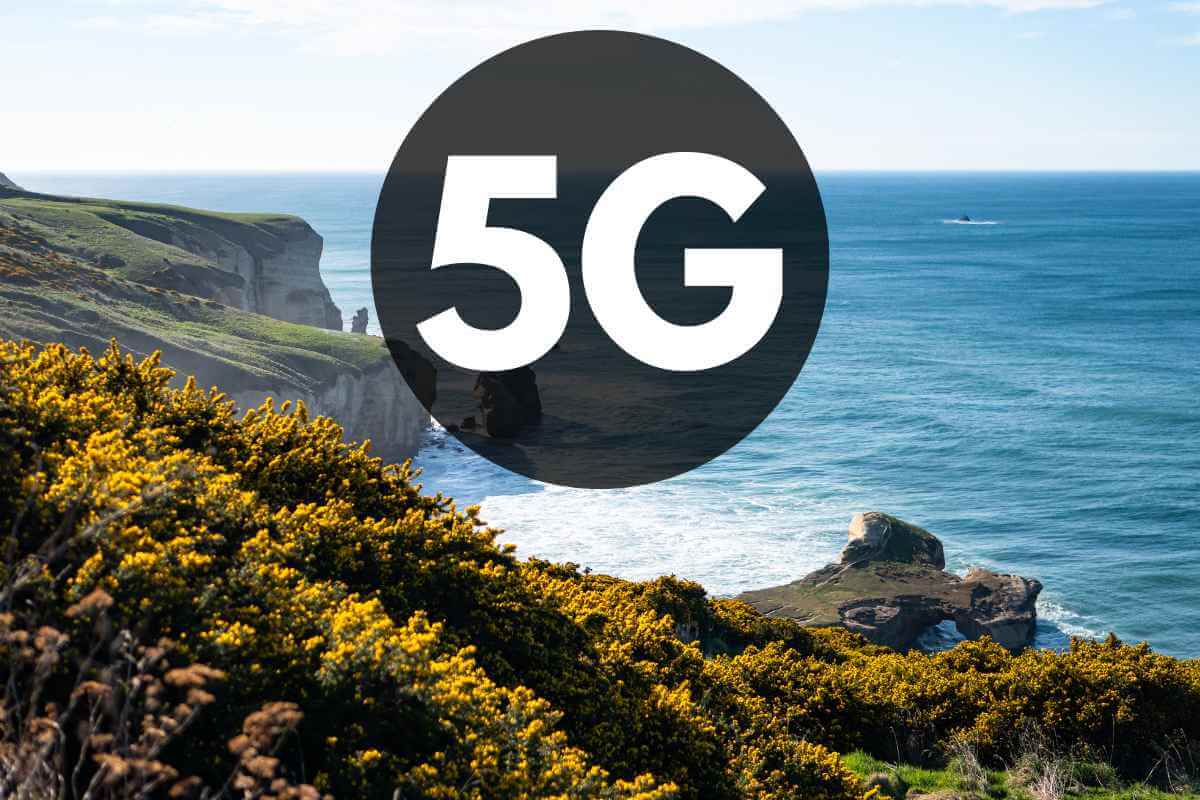
New Zealand's three major network operators - Spark, 2Degrees, and One New Zealand receive C-Band (3.5 GHz) Spectrum from the Government of New Zealand. New Zealand's Minister for the Digital Economy and Communications, Ginny Andersen, has announced that the government is entering into contracts with major telecommunications network operators to expedite the deployment of 5G services in regional towns across the country, according to an update on New Zealand Government's official website. The initiative aims to ensure widespread access to high-quality mobile wireless coverage, regardless of location.
Also Read: Spark New Zealand to Invest in Data Centres and 5G Over Three Years
Bespoke Deal with Major Network Operators
As part of the deal, the government has reached a bespoke agreement with three leading network operators in New Zealand: Spark, 2Degrees, and One New Zealand. This collaboration will facilitate the faster rollout of 5G services to approximately 55 rural and regional towns while also extending mobile wireless coverage to underserved areas with limited connectivity.
According to the statement, By working collaboratively with telecommunications operators, the government aims to provide faster wireless mobile services to a greater number of New Zealanders, thereby bridging the digital divide between urban and rural areas.
Also Read: Spark to Close Its 3G Network in New Zealand in Late 2025
3.5 GHz Spectrum Allocation
In return for the telco's commitments, the government will grant the three major network operators long-term access to the 3.5 GHz spectrum (C-Band) band, a frequency range widely used for 5G services globally. Under the agreement, each of the three operators will receive 80 MHz of spectrum in the 3.5 GHz band, enabling them to establish nationwide 5G networks. Additionally, the Interim Maori Spectrum Commission will receive 100 MHz of spectrum, which will be managed on behalf of all Maori.
This latest development builds upon previous government investments aimed at improving rural connectivity. In Budget 2022, $60 million was allocated to rural connectivity improvements, and in February 2022, $47 million was dedicated to rural capacity upgrades.
Also Read: Connexa Receives Approval to Acquire 2degrees’ Mobile Tower Assets
Long-Term Rights Effective from July 2023
The long-term rights to the 3.5GHz spectrum band for 5G services will come into effect on July 1, 2023, following the expiration of the short-term rights granted in October 2022.
According to the statement, In exchange for the allocated spectrum, the operators will collectively contribute $24 million to the government between 2023 and 2025. This funding will be used to expand mobile coverage in rural areas that would not otherwise have been commercially viable, addressing mobile black spots and improving connectivity for underserved communities.
Dense Air New Zealand Withdraws
Dense Air New Zealand, which had been in negotiations with the government for long-term spectrum rights, has chosen to withdraw from the process, allowing the focus to remain on the collaboration with Spark, 2Degrees, and One New Zealand.
Also Read: 2degrees and Lynk Announce Satellite-To-Cell Trial
Conclusion
The accelerated 5G rollout in regional towns marks a significant achievement for rural and regional New Zealand, with widespread benefits expected from this collaboration. Kiwis, particularly those residing in regional and rural areas, will soon experience the positive outcomes resulting from this strategic allocation of resources.















